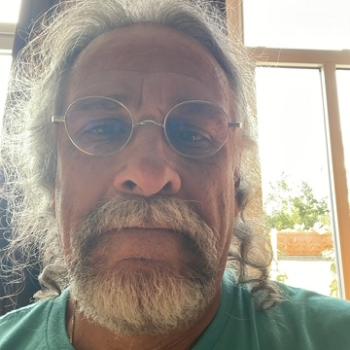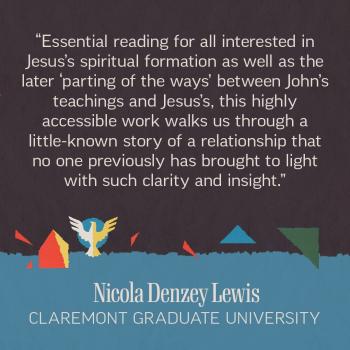An observation: As you can imagine, I get asked a lot about the poem incident. I never get asked about the essay I wrote in 1979 when Andrew Young was forced to resign as U.N. ambassador because he held a secret meeting with the PLO, which was against U.S. foreign policy. Blacks attacked Jews for being racist and being responsible for Young's dismissal. I wrote an essay accusing blacks of anti-Semitism and caught hell from blacks, had my life threatened, etc. And yet, I have no doubt that in my obituary there will be a mention of the anti-Semitic poem incident and not what I wrote in 1979. What no one seems to grasp is that the two are the same for me in that in 1969 I thought Jews were being racist and said so. In 1979 I thought blacks were being racist and said so. In my mind these controversies were never about black-Jewish relations; they were about being true to myself and speaking out against racism. "You shall not wrong or oppress the stranger, because you were strangers in Egypt." I didn't know that verse in 1969 or 1979, but I knew what it was like to be oppressed, to be a stranger in my own land. That was what motivated me in 1969 and what motivated me in 1979. People have said that during that ten-year period I changed. I didn't. The Julius Lester of WBAI in 1969 was the Julius Lester in 1979 who wrote "The Uses of Suffering" in the Village Voice.
Q: I was going to ask you to compare the black and Jewish responses to your essay in 1979 with the responses to the poem incident in 1969, but it occurs to me after your answer to this last question that it is probably the wrong question. Your answers seem to indicate that you see your life less about being an African American or being a Jew and more about being Julius Lester, who is both African American and a Jew. I admit, I didn't expect that.
A: Since the sixties, we are living in an era in which collective identity is increasingly substituted for personal identity. Thus, "black" ceases to be a racial identification and becomes a political definition, which has enabled some blacks to say that I am not black. Which is absurd, but not if blackness is a political definition. I get asked by Jews if I feel "more Jewish than black, or vice-versa," which is also an absurdity. People seem to expect that because I am black and Jewish, I live in a state of angst. I don't. My father raised me with a strong sense of myself as an individual, and admonished me many times not to follow "the crowd," to be "your own person." That made sense to me, and it is how I have lived.
I have many identities, as we all do. I am Julius Lester and, since Whitman said it better than anyone, "I encompass multitudes," and I do not choose to make one paramount at the expense of the others. If I were to choose to make one of my collective identities, either black or Jewish, primary and suppress all else that I am, I would be guilty of denying the marvelous and ultimate mystery, which a life is. And if I turn away from the mystery that I am, I cannot see the marvelous mystery that you are. Thus, I will relate to you as if your entire being is expressed by your collective identity -- black, Jew, Christian, Muslim -- and deny that you as an individual are sacred, one syllable in God's infinite vocabulary.
Brad Pilcher is Director of New Media at Jewish Funds for Justice in Atlanta, Georgia. This article first appeared in AJL Magazine.




